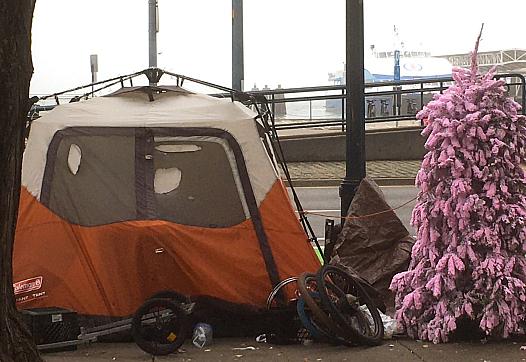
We should know in a few months how many people are living on our streets, but that’s just a start.

We should know in a few months how many people are living on our streets, but that’s just a start.

In 2021, Arkansas Democrat-Gazette reporter Stephen Simpson won a grant from the University of Southern California’s Center for Health Journalism to work on a series about health disparities in the Arkansas Delta.
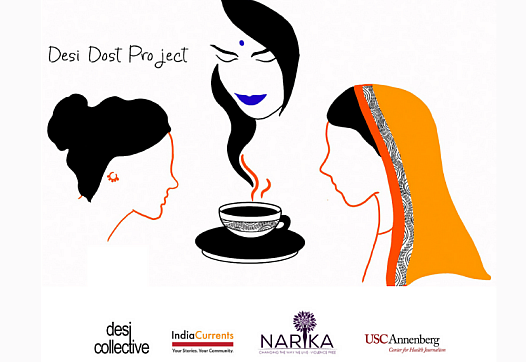
While the success of South Asians in the Silicon Valley tech sector gets a lot of ink, not much is written or known about the spouses of these tech workers who come on dependent visas. Two journalists set out to change that.
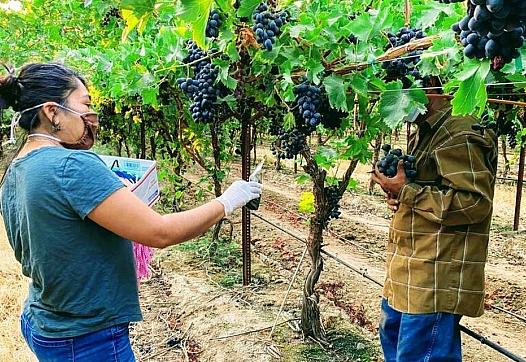
Three of my relatives, all Mixteco farmworkers in California, died of COVID-19 last year. As we mourn, we wonder if diabetes played a role in their deaths.
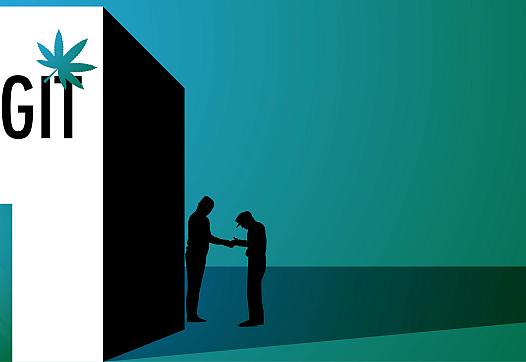
High fees and regulatory hoops have left many in the cannabis industry locked out of the legal marketplace.
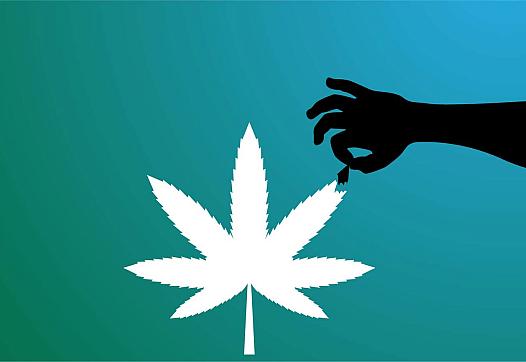
A Florida-based company is now the nation’s largest weed corporation, leaving Black growers behind.
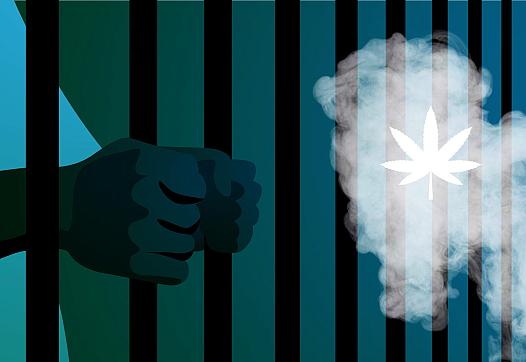
The legal market has removed the threat of arrest, but brought with it a whole new set of challenges.
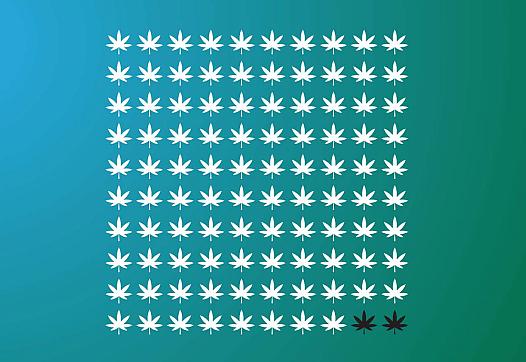
Coast to coast, the green rush is failing Black growers and entrepreneurs.
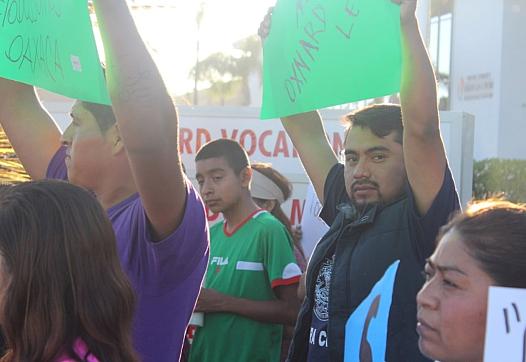
"Alimentar a Estados Unidos es esencial y quienes hacen ese trabajo también deben ser tratados como esenciales", asegura este líder comunitario mixteco que perdió a tres familiares diabéticos, después de que se contagiaron con el virus.
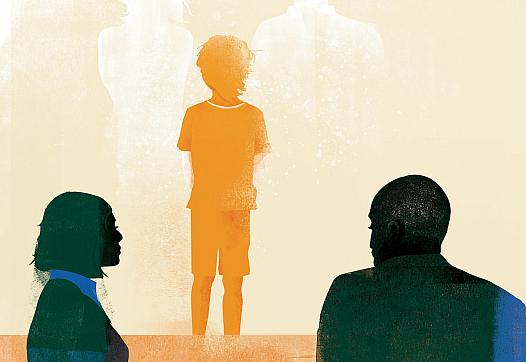
States across the country are considering equal shared parenting in custody cases. One young Kentucky couple serves as a test case.